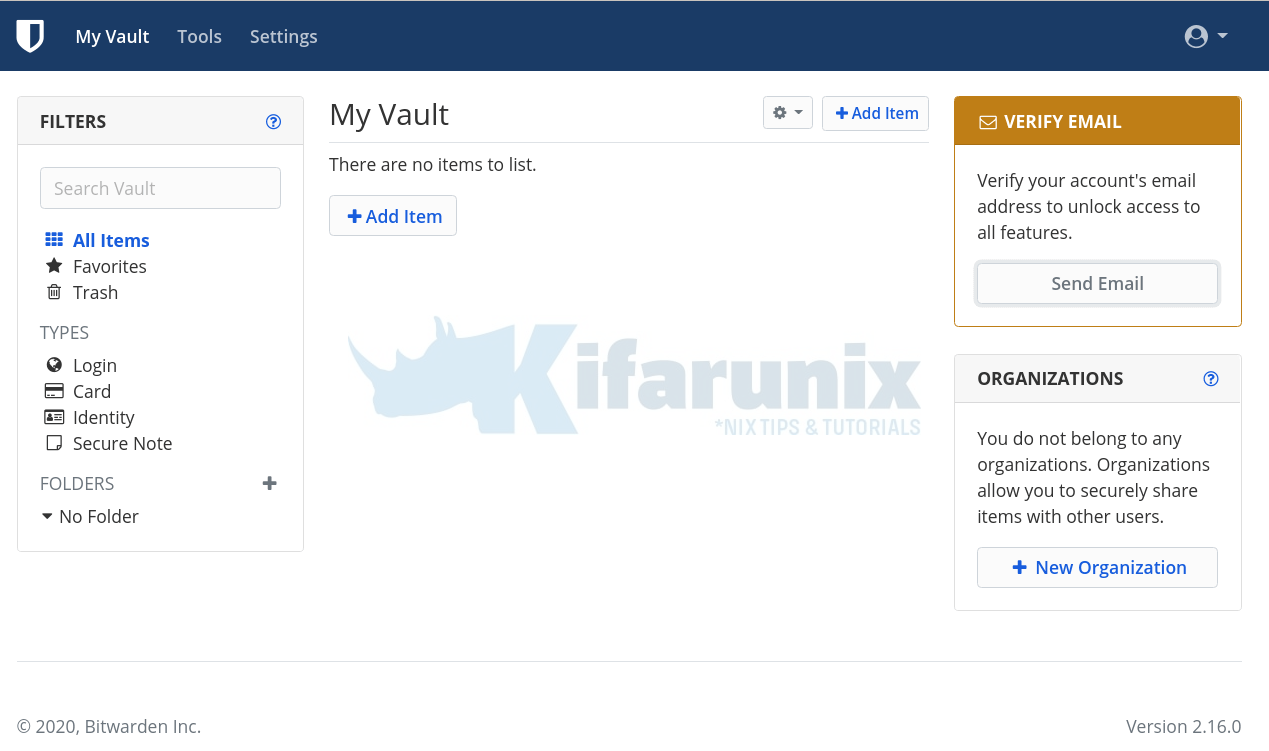
App compatibility is all about the devices, operating systems, and browsers that are supported by a particular password manager.Ĭertain password managers use dedicated desktop apps, while others focus on browser extensions. In the same way, a password manager won’t be very helpful to you if it doesn’t work with the devices that you typically use.

While security and encryption aren’t exactly the most exciting topics, it’s important to take them seriously as you look for a new password manager. Other features like two-factor authentication (2FA) and zero-knowledge policies are also relevant to a platform’s overall security.

As you’ll see later, however, both NordPass and Bitwarden are a little different. Most password managers use AES 256-bit encryption, which is the industry standard. Since an insecure password manager is basically useless, encryption and other security tools should be your first considerations.Įncryption refers to the process of encoding information so that it can’t be intercepted by the wrong people. When it comes to keeping track of your passwords, you can’t afford to compromise security. We centered our comparison on these five criteria to give you a clear picture of the pros and cons of NordPass and Bitwarden. Common Features We Looked Forĭifferent users have different needs and priorities with respect to password managers, but some basic features are relevant to essentially every use case. Keep in mind that the right password manager for you depends on what you’re looking for.

Our goal was to bring you the most relevant factors to help you make a more informed decision. With each platform offering a long list of features, it’s tough for an average user to sift through those details and find the service that’s right for them. While all major password managers share some common functionality, there are as many differences as similarities.


 0 kommentar(er)
0 kommentar(er)
